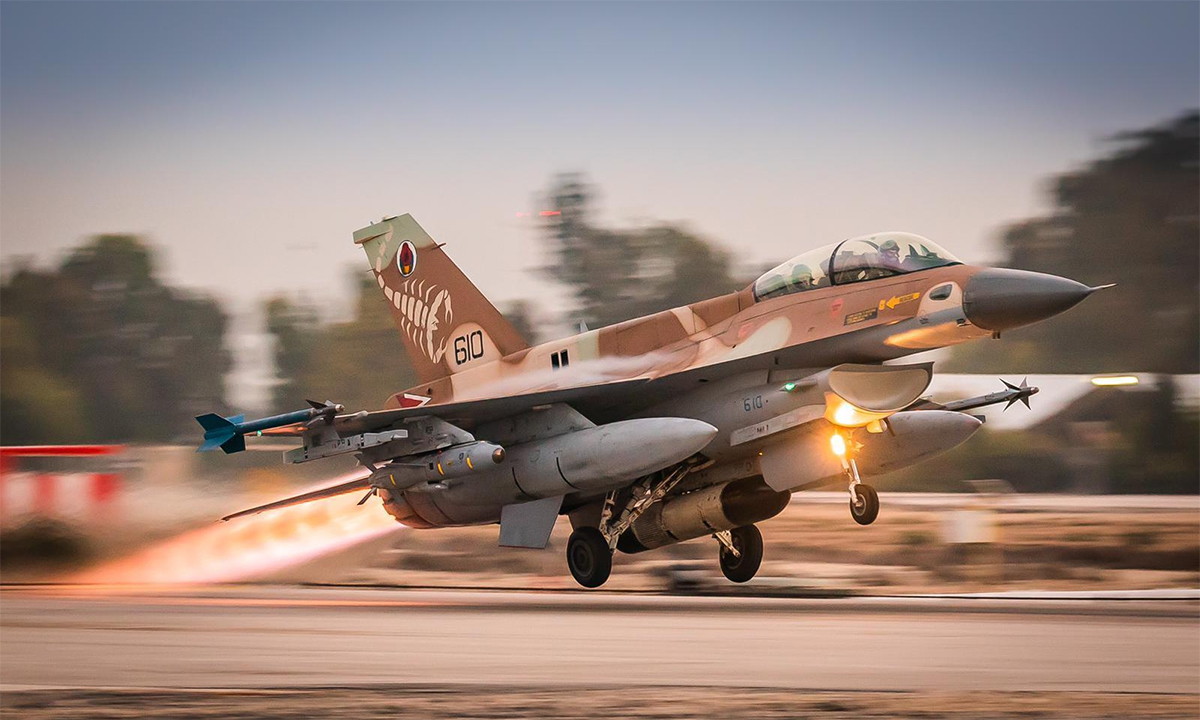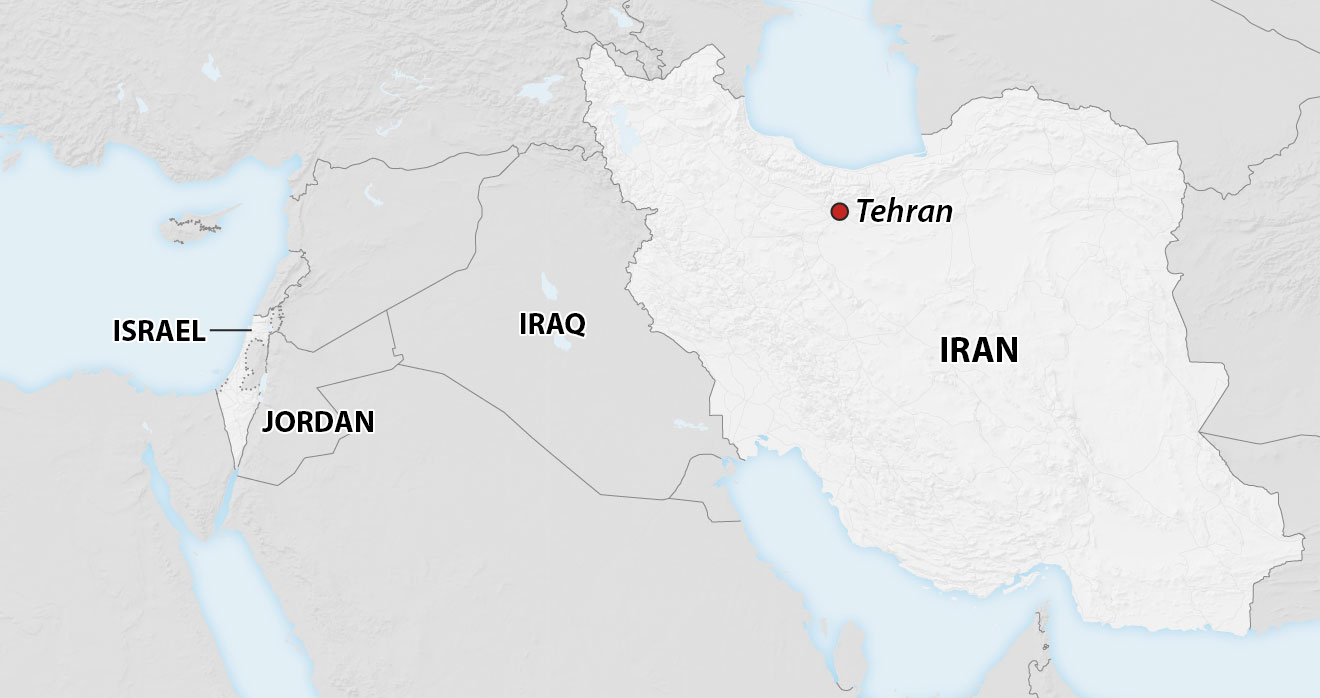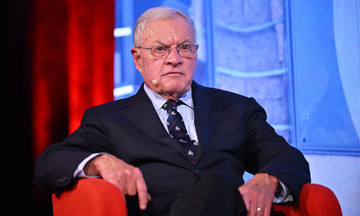More than an hour after Israeli Prime Minister Benjamin Netanyahu confirmed a ceasefire agreement with Iran on 24/6, brokered by US President Donald Trump, the Israel Defense Forces (IDF) detected Iran firing at least two more ballistic missiles towards northern Israel. All missiles were intercepted, and the IDF informed residents they could leave bomb shelters.
Israeli Defense Minister Katz instructed the IDF to "respond forcefully to Iran's ceasefire violation". He declared Israel would launch intense airstrikes "directly targeting central government targets in Tehran".
Meanwhile, Iranian state television IRIB and ISNA news agency, citing government sources, denied that Iran launched additional missiles at Israel.
Iran's Supreme National Security Council later released a statement saying it "had forced the enemy and its supporters to accept a truce". The statement said Iranian forces had "delivered a deterrent retaliatory blow that shamed the enemy", including the missile attack on the US airbase in Qatar on the night of 23/6 and 6 missile barrages aimed at Israel on the morning of 24/6.
Tehran claimed to have "forced the enemy to regret, accept defeat, and unilaterally cease attacks", while warning it was ready to respond to any violation of the agreement.
 |
Israeli F-16 fighter jets take off during an exercise in 10/2020. Photo: IDF |
Israeli F-16 fighter jets take off during an exercise in 10/2020. Photo: IDF
At 0:08 on 24/6, Trump posted on Truth Social that "the ceasefire is in effect, please don't violate it".
According to the initial announcement from President Trump, the ceasefire agreement was implemented in stages, beginning around 4:00 GMT on 24/6. Iran would implement it first, followed by Israel.
In the hours before the ceasefire took effect, Iran launched a total of 6 barrages of ballistic missiles towards Israel, hitting an apartment building in Beersheba, killing 4 people and injuring many others.
 |
Location of Iran and Israel. Graphic: CNN |
Location of Iran and Israel. Graphic: CNN
The Israel-Iran conflict erupted on 13/6 when Tel Aviv launched a preemptive strike on Tehran to "destroy nuclear and missile capabilities", prompting Iran to launch a retaliatory campaign. After 12 days, the fighting left more than 430 people dead and over 3,500 injured in Iran; 25 dead and over 2,500 injured in Israel.
On the night of 23/6, an Israeli airstrike in northern Iran killed nuclear scientist Mohammad Reza Seddighi Saber while he was sheltering at his parents' home. Saber was on a US sanctions list related to Iran's nuclear program. Local television reported that Saber's 17-year-old son was killed a few days earlier in an attack on the family's home in Tehran.
During the more than a week of conflict, Israel assassinated several Iranian nuclear scientists to prevent Tehran from restarting its national nuclear program once Operation "Lion Rising" ended.
Thanh Danh (CNN, Al Jazeera, Times of Israel)












